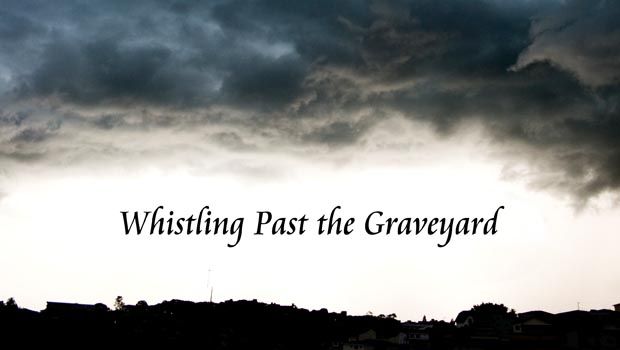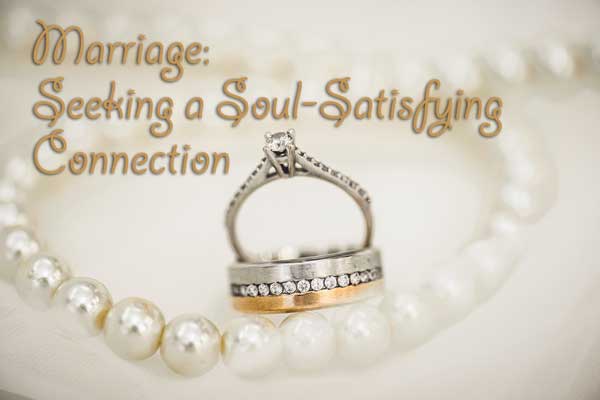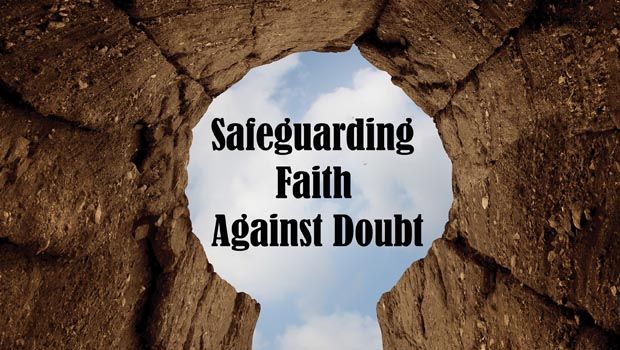April 4, 1968 is deeply embedded into the collective conscience of this nation as a watershed moment — the assassination date of Dr. Martin Luther King, Jr. While demonized by bigots to this day, Dr. King is acclaimed by human and civil rights advocates, deservedly recognized for his courageous struggle against institutional and individual manifestations of racism. His activism provided conduits for social change movements that pressured a reluctant federal government to remove many of the legal barriers that blocked full civic and political participation by African American and other non-White citizens. While widely remembered as the “apostle of non-violence” and the deliverer of the 1963 March on Washington’s “I Have a Dream” speech, Dr. King’s political evolution is widely overlooked, if not deliberately expunged from the historical record. Dr. King’s legacy has been sanitized to align with the establishment orthodoxy rather than being studied and analyzed for inspiration and guidance in civil and human rights reform and tenacious non-violence in the struggle for freedom and justice.
Dr. Martin Luther King, Jr. is for many in the U.S., Muslim and non-Muslim alike, the quintessential symbol of selfless sacrifice for the collective good
Basking in the after-glow of Dr. King’s rhetorically stellar “I Have a Dream” speech, one seldom gains exposure to his vocal opposition to not just the Vietnam War, but the militarism and adventurism of the United States around the world. His opposition to the Vietnam War was famously expressed in a 1967 speech before 3,000 people at New York’s Riverside Church: “…the war was doing far more than devastating the hopes of the poor at home…We were taking the black young men who had been crippled by our society and sending them eight thousand miles away to guarantee liberties in Southeast Asia which they had not found in southwest Georgia and East Harlem.” Dr. King went on in this momentous speech to declare, “A true revolution of values will lay hands on the world order and say of war, ‘This way of settling differences is not just.’ This business of burning human beings with napalm, of filling our nation’s homes with orphans and widows, of injecting poisonous drugs of hate into the veins of peoples normally humane, of sending men home from dark and bloody battlefields physically handicapped and psychologically deranged, cannot be reconciled with wisdom, justice, and love. A nation that continues year after year to spend more money on military defense than on programs of social uplift is approaching spiritual death.”
In 1966, Dr. King, A. Philip Randolph, and Baynard Rustin advanced a plan called “A Freedom Budget for All Americans.” The plan’s promise was to provide a blueprint for the full triumph of the civil rights movement by linking the goal of civil rights with the goal of economic justice for all Americans. The Freedom Budget was a radical departure, for its time, from what many non-violent civil rights activists and organizations put forward as a solution to the woes of impoverished Americans. According to the book, “A Freedom Budget for All Americans,” by Paul Le Blanc and Michael D. Yates, Randolph addressed a conference on October 24, 1966 and elaborated on the goals of the Freedom Budget. The Freedom Budget spelled out a specific and pragmatic course of action, step by step, to have started in early 1967, toward the practical elimination of poverty in the United States by 1975. The program urged in the The Freedom Budget attacked all of the major causes of poverty: unemployment and underemployment; non-living wages, inadequate socioeconomic safety nets for the poor, needy, and disabled; substandard housing; deficiencies in health services, education, and vocational training; and fiscal and monetary policies which tend to an upward redistribution of wealth. The Freedom Budget leaves no room for discrimination as its programs address every aspect of reform needed to achieve an equitable and more egalitarian socioeconomic order.
A. Philip Randolph, a veteran of the civil, human, and labor struggles in the U.S. from the 1920s until his death in 1979, organized, among other things, the Brotherhood of Sleeping Car Porters in 1925, the country’s first predominately African American labor union. His organizational brilliance resulted in the forming of the March on Washington Movement that planned a massive demonstration in Washington, DC, but never materialized after President Franklin Delano Roosevelt was “convinced” by Randolph to issue Executive Order 8802 in 1941 that banned discrimination in the defense industries during World War II. Randolph was also instrumental in persuading President Harry Truman to end segregation in the armed forces by issuing Executive Order 9981 in 1948. Baynard Rustin was a brilliant strategist for the civil rights and non-violent movements and a confidante of Dr. King. Both Randolph and Rustin were self-avowed socialists and, along with King, questioned the capacity of laissez faire capitalism to be fair and just. Like A. Philip Randolph, and scores of others, Baynard Rustin is relegated to the margins of the social change narrative and civil rights movement of the 1950s and 60s.
One of Dr. King’s greatest assets was his capacity to challenge individuals to stop being spectators to life and to muster the courage to make a difference
Dr. Martin Luther King, Jr. is for many in the U.S., Muslim and non-Muslim alike, the quintessential symbol of selfless sacrifice for the collective good. Forty-six years after his assassination at the age of 39, Dr. King remains arguably the most quoted and idealized personality from the civil rights era. He is memorialized by a statue in the National Mall, a park in Washington, D.C., a national holiday commemorates his life and legacy, streets, schools, parks, and organizations are named in his honor, and a U.S. postage stamp bears his likeness. Yet, his true legacy, and that of the civil and human rights movement for that matter, is generally misunderstood or undervalued, and too often misappropriated by various groups to advance their respective causes. Dr. King’s tremendous personal sacrifices for the human rights movement, his indomitable courage in the face of threat and danger, and his capacity to ideologically evolve are lost on most of his admirers. One of his greatest assets was his capacity to challenge individuals to stop being spectators to life and to muster the courage to make a difference — rather than just whistling past the graveyard. “There comes a time when one must take a position that is neither safe, nor politic, nor popular, but he must take it because conscience tells him it is right.” Otherwise we are just whistling past the graveyard, looking the other way and ignoring the hazards of our time. We should heed the words of Dr. King who rightly spoke of “the wounds weinflict on our soul when we look the other way.” As Muslims, we must look, we must understand, we must take a position and act.





